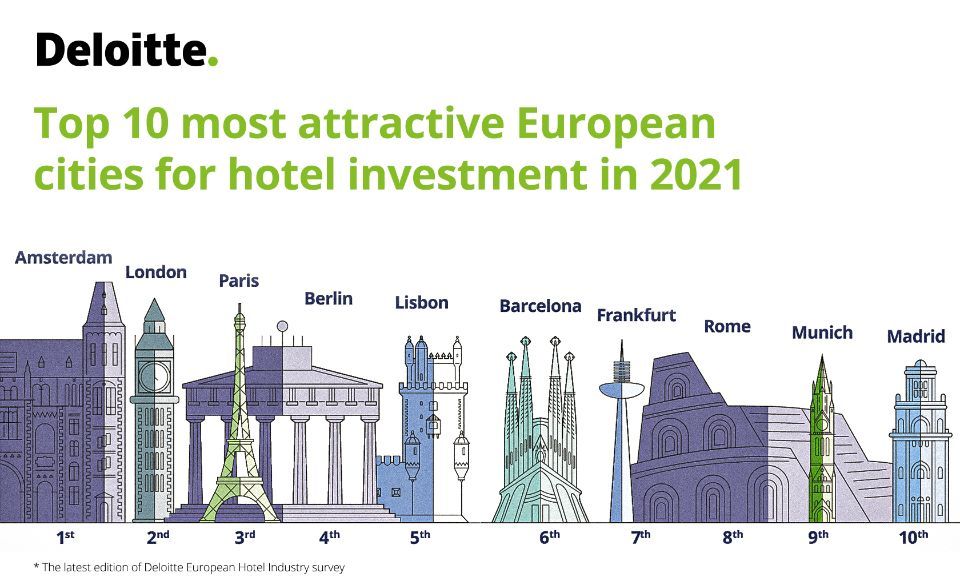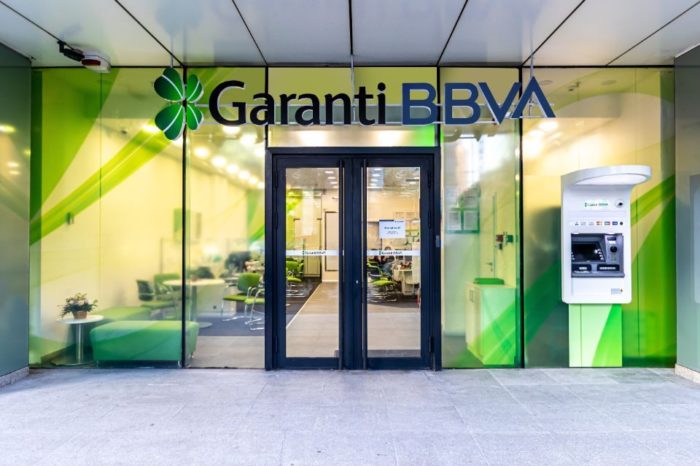European hotel industry to reach again the 2019 performance levels starting from 2023: Deloitte

The current disruption of the European hotel industry will continue until mid-2021 and the recovery period will be significantly longer, as 51 percent of hospitality owners, lenders, developers and investors expect to reach again the 2019 performance levels in 2023 and 20 percent believe it will not be until 2024 and beyond, according to the latest edition of Deloitte European Hotel Industry Survey. In addition to the disruption caused by the COVID-19 pandemic, the European hotel industry needs to tackle other risk factors, the study shows, such as demand fluctuations (72 percent of the European respondents) and the lack of economic growth (60 percent). Additionally, the UK respondents (40 percent) mentioned Brexit as a key risk for the local hotel industry, the study shows.
Even if the hotel industry has seen a decline in investment appeal in the context of the health crisis, with a total decrease of 25 percent in 2020 compared to the previous year, the most favorable European cities to investments in 2021 remain Amsterdam, London and Paris. Amsterdam, which has led the ranking for four years, continues to be the most attractive city for hotel investments, followed by London and Paris, while Berlin leaps ahead to the fourth position from the 16th in the previous year. In addition, the survey highlights that serviced apartments – fully furnished apartments available for short and long-term stay, providing amenities similar to hotels – become the most attractive European asset in which to invest in 2021, due to positive demand fundamentals and leaner costs.
“The European hotel industry was strongly impacted by the health crisis and saw a decline in investment appetite last year, while cash management became the top priority. Romania is also going through a phase of disruption without precedent in this industry, marked by a decrease in the number of tourists by around 60 percent in December 2020 compared to the same period of the previous year, according to the National Institute of Statistics data,” said Zeno Caprariu, Audit Partner, Deloitte Romania, and consumer product industry leader.
In terms of sources of equity capital for hotel acquisitions, private equity investments is predicted to remain the preferred one, as respondents sentiment almost doubled in 2020, with an increase of 22 percent compared to the previous year. At the opposite side, the interest in acquisition of the institutional investors and the real estate funds might register a moderation in 2021, as the demand from them was down by 9 percent and 10 percent points respectively in 2020 compared to 2019.
The study also emphasizes that senior bank lending is expected to remain the most common source of debt financing in the European hotel market, according to two-thirds (66 percent) of the respondents, followed by the real estate investment funds (40 percent) and distressed debt funds (36 percent).
The latest edition of Deloitte European Hotel Industry Survey is based on responses from more than 100 senior hospitality figures, including owners, lenders, developers and investors and aims to underline their views on key trends of the industry.














